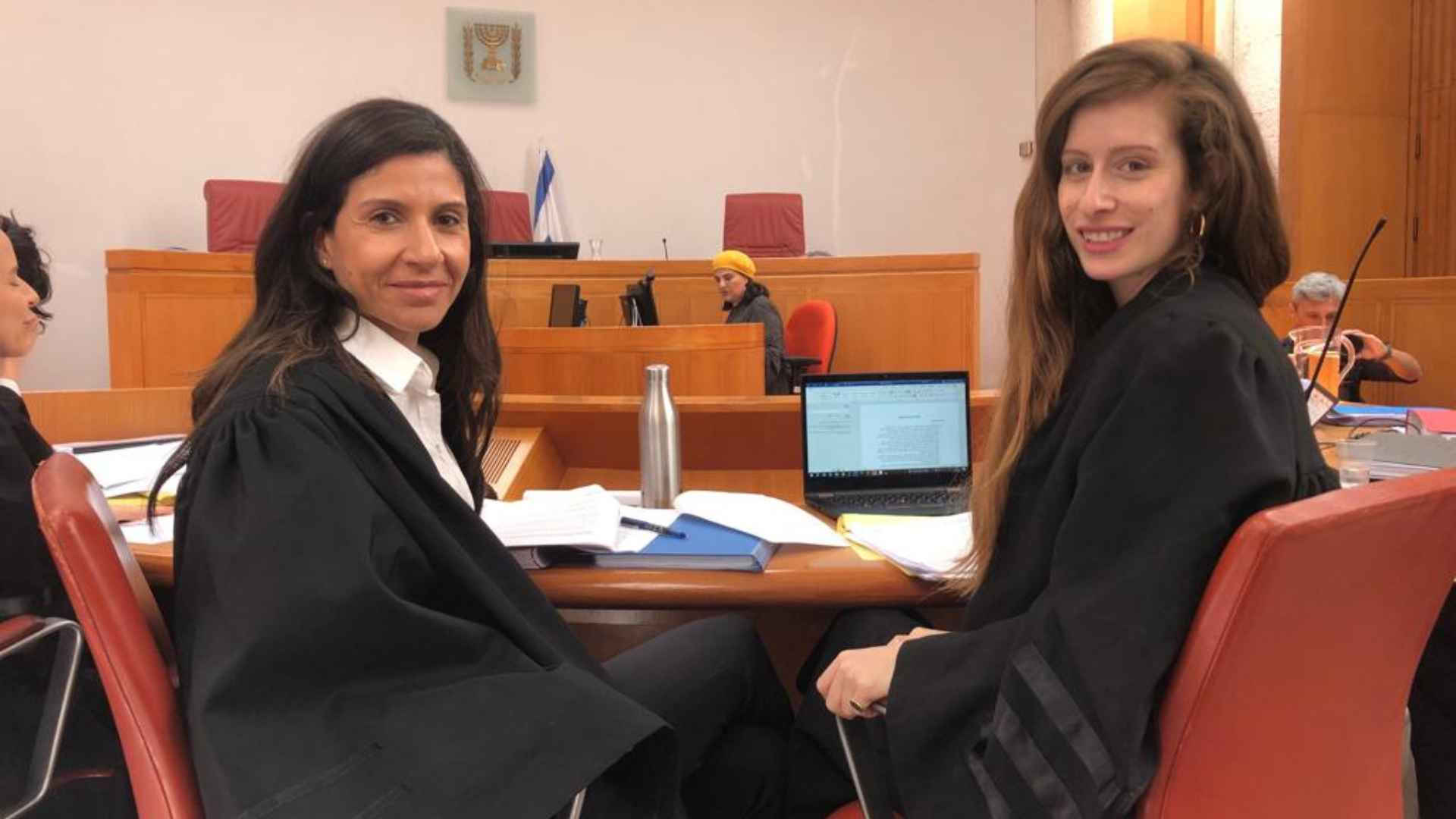On January 1, 2024, the Supreme Court announced its decision to strike down the recently passed Basic Law that cancelled the doctrine of reasonableness. This wise and bold decision demonstrates that crowning a new legislative bill as a ‘Basic Law’ does not make it so.
Recognizing Adam Teva V’Din as amicus curiae, i.e., Friend of the Court, the Supreme Court justices took into account our position, and even noted in the Court’s decision:
“Apart from the field of appointments and the laws of transitional governments, there are other public interests that, in the absence of reasonableness, it will not be possible to protect them from serious harm by the elected echelon…”. Making reference to Adam Teva V’Din’s submission to the court, Retiring President of the Supreme Court, Chief Justice Esther Hayut, noted that the environmental impacts of government decisions may not necessarily harm a specific individual, they do concern the public’s health and quality of life…in cases of environmental pollution, decisions to pave roads, build cities, develop industry…may lead to direct conflict with the protection of environmental quality.
“In this context,” Hayut continued, “the doctrine of reasonableness has, more than once, allowed the court to intervene when it was found that environmental considerations were not given adequate weight in decisions made by the government and its ministers.”
Amit Bracha, CEO of Adam Teva V’Din: “We are proud to have contributed to this landmark decision, and will continue to act as national environmental watchdog and demand that all and any ‘Basic Laws’ must integrate provision protecting environmental human rights in Israel. Adam Teva V’Din strive for and work towards environmental justice for all; that cannot exist without reasonableness.”





